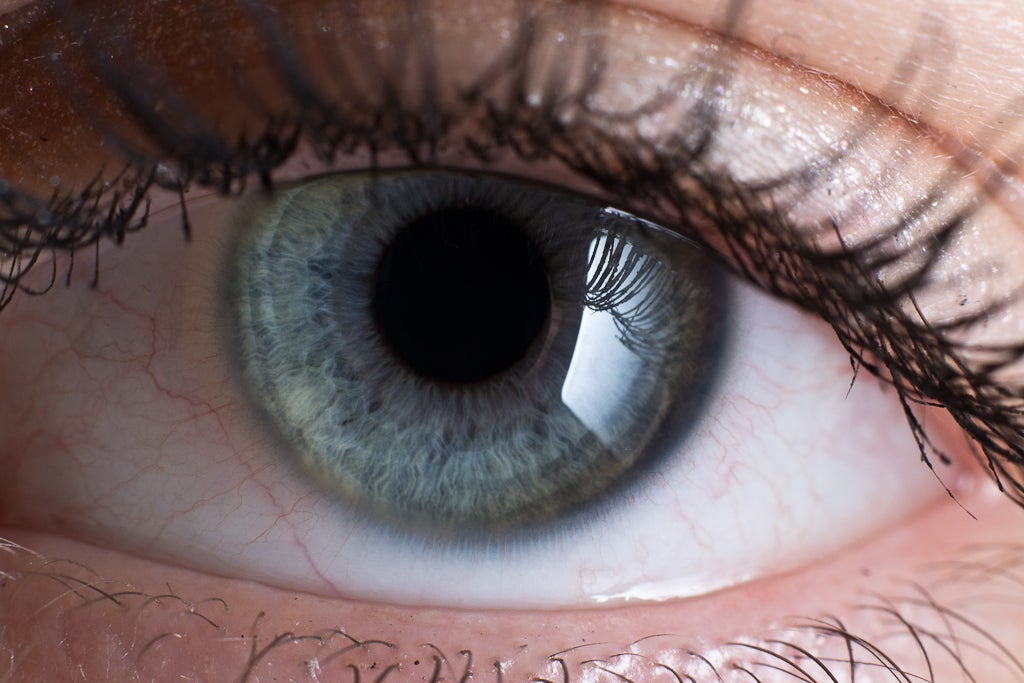Closing your eyes can help you remember a series of events
It helps to block distractions that are competing for our attention

Your support helps us to tell the story
From reproductive rights to climate change to Big Tech, The Independent is on the ground when the story is developing. Whether it's investigating the financials of Elon Musk's pro-Trump PAC or producing our latest documentary, 'The A Word', which shines a light on the American women fighting for reproductive rights, we know how important it is to parse out the facts from the messaging.
At such a critical moment in US history, we need reporters on the ground. Your donation allows us to keep sending journalists to speak to both sides of the story.
The Independent is trusted by Americans across the entire political spectrum. And unlike many other quality news outlets, we choose not to lock Americans out of our reporting and analysis with paywalls. We believe quality journalism should be available to everyone, paid for by those who can afford it.
Your support makes all the difference.To catch a villain, try closing your eyes. Researchers reported today that witnesses to crimes were more likely to identify key clues if they kept their eyes shut while they tried to remember what happened.
After watching a clip about an electrician stealing items from a house, researchers found that those who kept their eyes shut while trying to answer questions got 71 percent of them right. Those who did not got less than half. They also found that building a good rapport between questioner and witness also helped improve rates of success.
“Closing your eyes allows us to block out distractions that are competing for our attention,” said Dr Robert Nash, from Surrey University, who led the study. “It is clear from our research that closing the eyes and building rapport help with witness recall.”
A second experiment involved watching a Crimewatch clip about a retired doctor attacked inside his home in 2008. The programme included a reconstruction of the break-in and attack and an introduction about what had happened by a police officer. After the clip, the “witnesses” were asked questions such as the victim’s last name and the colour of their front door.
The experiment found that those who closed their eyes got half of the questions right, and those who didn’t managed only 42 per cent. The findings, published today in the journal Legal and Criminology Psychology, involved 178 people over two studies.
Police have long used the techniques to help witnesses to crimes improve their recall of scenes based on psychological research. Kent police have used a technique of “enhanced cognitive interviews” which have been used to help people visualise the scenes of crimes. It has been used to help victims identify key features of homes where they had been sexually abused years before.
DC Mark Robinson, a trainer in the technique at the force, said: “We’ve been advocating this [closing eyes] for 15 years.”
Join our commenting forum
Join thought-provoking conversations, follow other Independent readers and see their replies
Comments